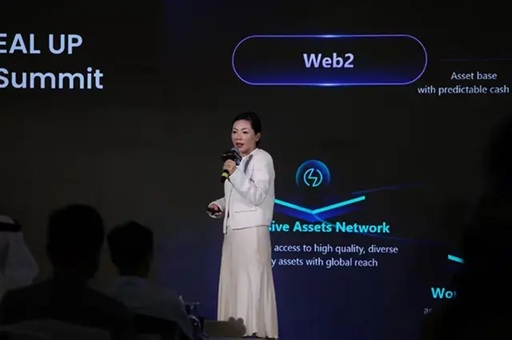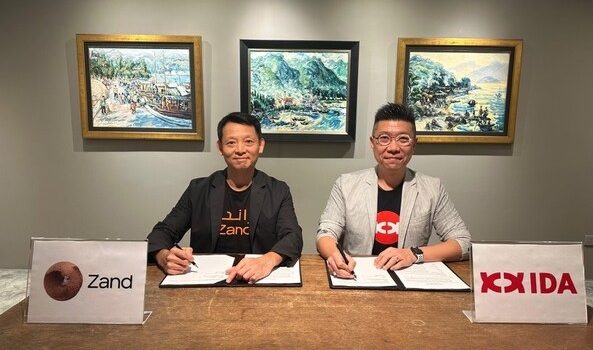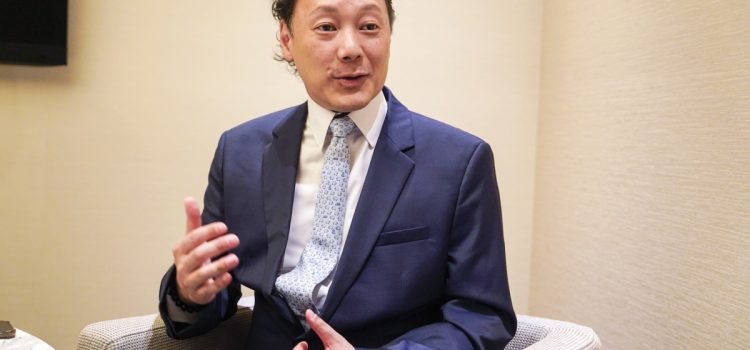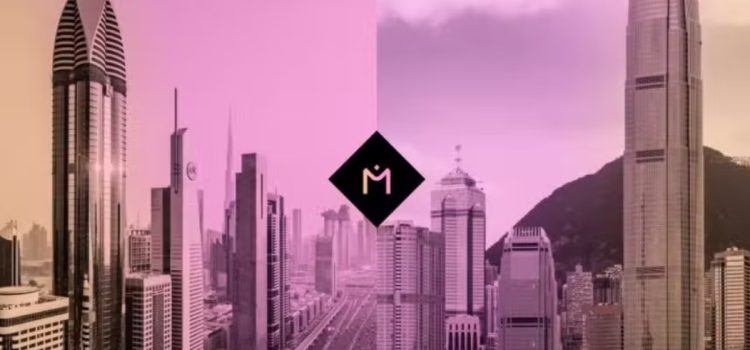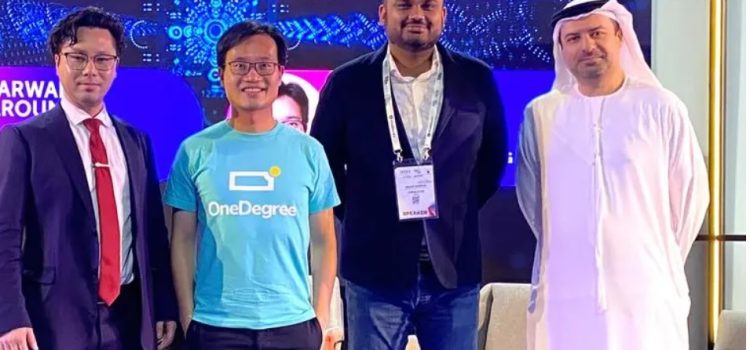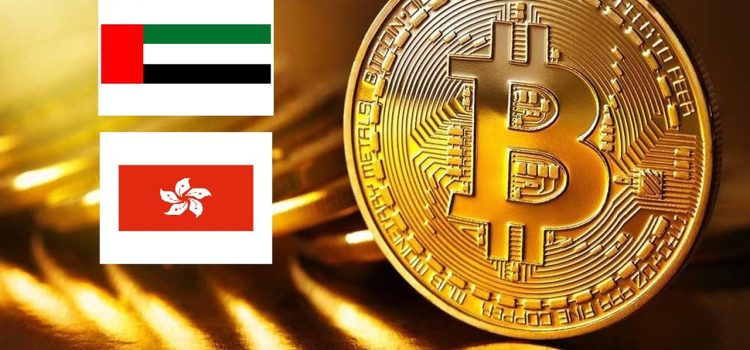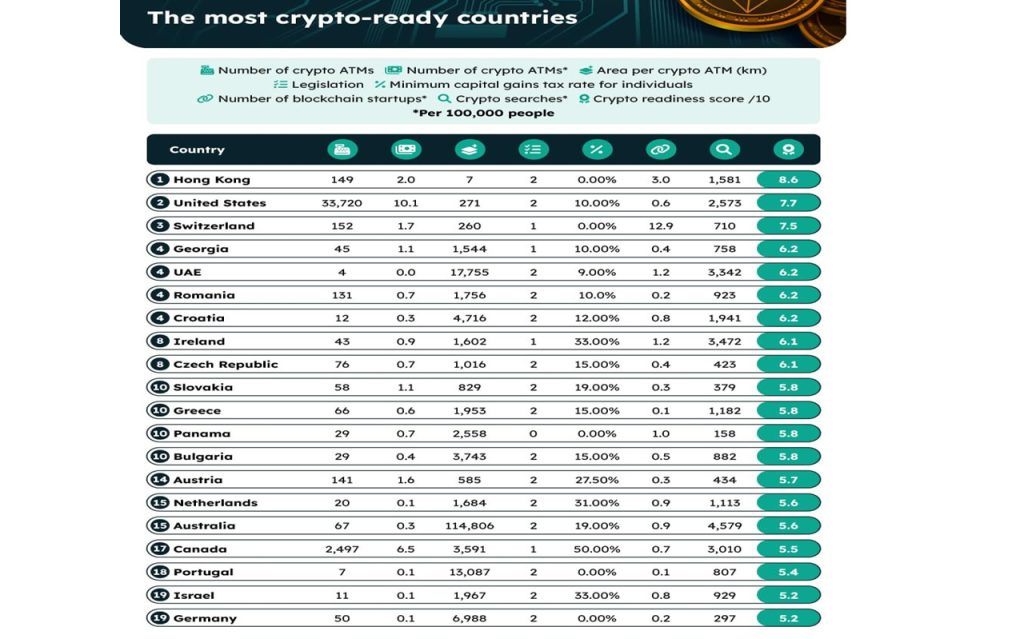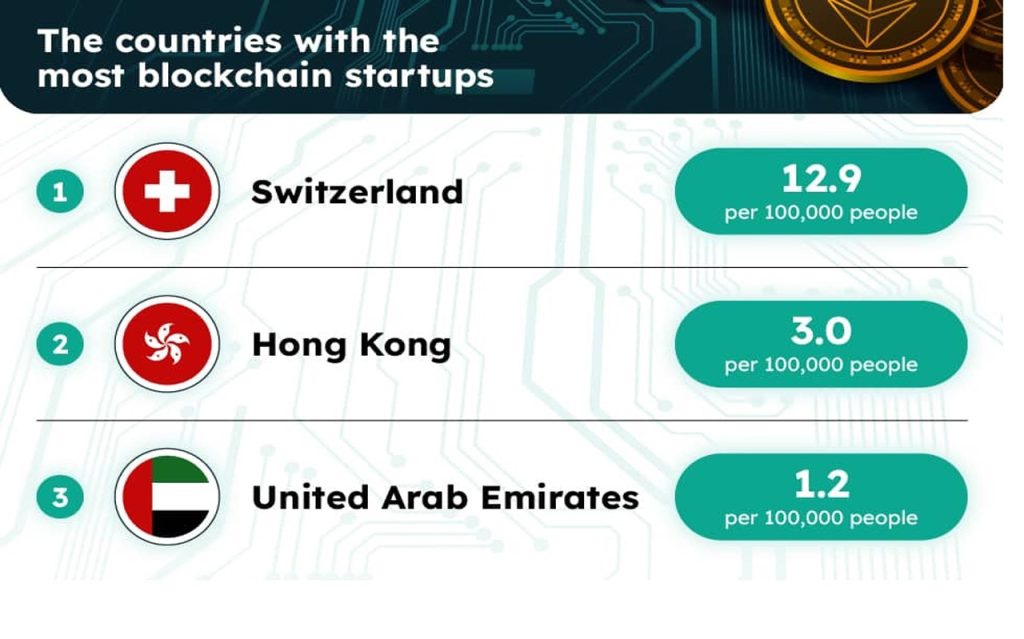
Hong Kong government, represented by the Hong Kong Monetary Authority has passed the Stablecoins Bill. The bill passed by the Legislative Council today (21 May) will establish a licensing regime for fiat-referenced stablecoins (FRS) issuers in Hong Kong, to further enhance Hong Kong’s regulatory framework on virtual-asset (VA) activities, thereby fostering financial stability and encouraging financial innovation.
Upon implementation of the Stablecoins Ordinance, any person who, in the course of business, issues an FRS in Hong Kong, or issues an FRS that purports to maintain a stable value with reference to Hong Kong dollars in or outside Hong Kong will need to obtain a licence from the Monetary Authority (MA).
The relevant persons must satisfy the requirements in areas such as reserve asset management and redemption, including proper segregation of client assets, maintaining a robust stabilization mechanism, and processing stablecoin holders’ requests for redemption at par value with reasonable conditions.
The relevant persons must also comply with a range of requirements, including those on anti-money laundering and counter-terrorist financing, risk management, disclosure and auditing, and fitness and propriety. The MA will conduct further consultations on the detailed regulatory requirements of the regime in due course.
FRS issued by a licensed issuer may be offered to a retail investor.
The Secretary for Financial Services and the Treasury, Mr Christopher Hui, said, “The Ordinance adheres to the ‘same activity, same risks, same regulation’ principle, with a focus on a risk-based approach to promote a robust regulatory environment. This is not only in line with international regulatory requirements, but also lays a solid foundation for Hong Kong’s virtual asset market, which, in turn, promotes the sustainable development of the industry, protects users’ rights and interests, and strengthens Hong Kong’s status as an international financial centre.”
The Chief Executive of the Hong Kong Monetary Authority, Mr Eddie Yue, added, “The Ordinance has established a risk-based, pragmatic, and flexible regulatory regime. We believe that a robust and fit-for-purpose regulatory environment would provide favourable conditions to support the healthy, responsible, and sustainable development of Hong Kong’s stablecoin and the broader digital asset ecosystem.”
The UAE Central Bank had passed its stablecoin Bill last year, while the USA is currently studying the Genius Act. the U.S.senate approved a procedural vote for the GENIUS Act for stablecoins, with 66 voting in favor, 32 against and two abstentions. Sixteen Democrats supported the vote, led by Senators Gillibrand, Alsobrooks, Gallego and Warner. The same vote failed on 8 May.









